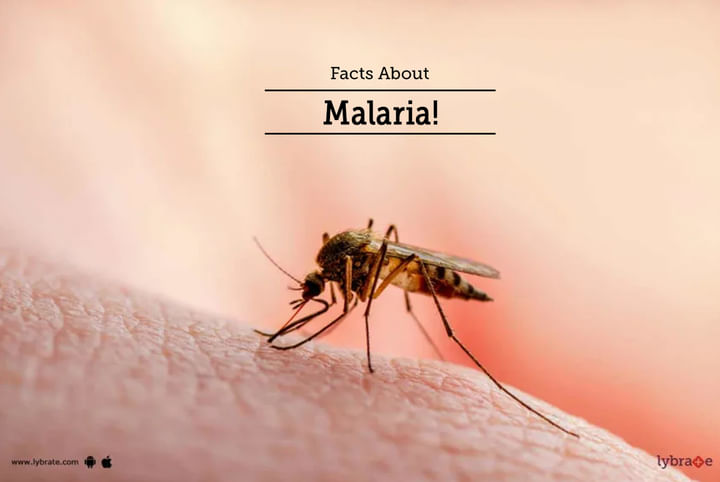Facts About Malaria!
Considered an endemic in many countries, malaria infects approximately 200 million people worldwide every year. In an attempt to recognize the global efforts to control the spread of the disease and raise awareness among people, World Malaria Day is observed annually on April 25, nationwide – and even though ongoing prevention campaign is proving effective, there is still a long way to go.
Here are some key facts and information you should know to be able to fight malaria –
-
Malaria is caused by a certain Plasmodium parasite transmitted by female Anopheles mosquitoes. The disease spreads when the mosquito bites an infected person, carries the malaria parasite and then transmits the same into the bloodstream of a healthy person.
-
Over 212 million cases are reported worldwide every year, of which nearly 90% take place in sub-Saharan Africa. Despite being curable and preventable, the disease claims approximately half a million lives every year. In every two minutes, a child below age five succumbs to malaria.
-
Malaria is more common in tropical climates and the risk of its transmission is higher during the monsoon because damp and waterlogged places provide a suitable breeding environment for the mosquitoes. Therefore, it is even more necessary to keep the surroundings clean and hygienic to avoid getting malaria.
-
The initial symptoms of malaria usually show up within 10 to15 days after the mosquito bite. These symptoms may include severe headache, high fever, chills and vomiting. Without prompt diagnosis and treatment, it may progress to a serious, potentially fatal condition.
-
The chances of contracting malaria go down if individuals adopt preventative measures. These include certain measures such as avoiding stagnant water, using mosquito sprays or disinfectants indoor, sleeping inside mosquito nets, using repellents, and covering the skin with proper clothing.
-
SMC or Seasonal Malaria Chemoprevention is extremely effective in preventing malaria in people, who are most vulnerable to the disease. SMC involves administering anti-malarial doses to children every month during the rainy season (lasting 3-4 months) when the risk of transmission is at its peak.
Over the last few decades, incredible progress has been made to eradicate malaria in most developed countries. However, it remains a serious public health problem and a potential cause of death in some parts of the world due to lack of knowledge and access to proper healthcare facilities. Through the World Malaria Day campaign, the World Health Organization and its member states aim to make people more aware and responsible and take a step ahead towards achieving a world free from the threat of malaria.



+1.svg)
